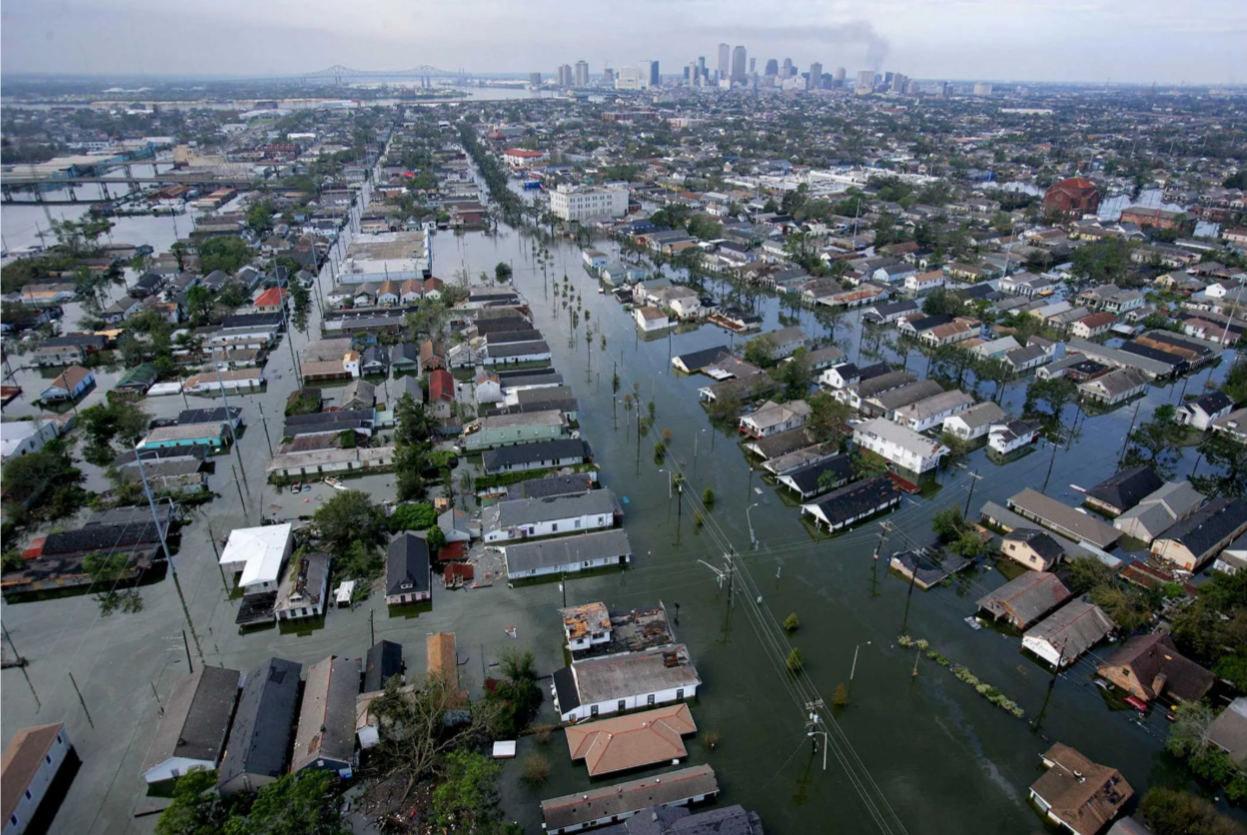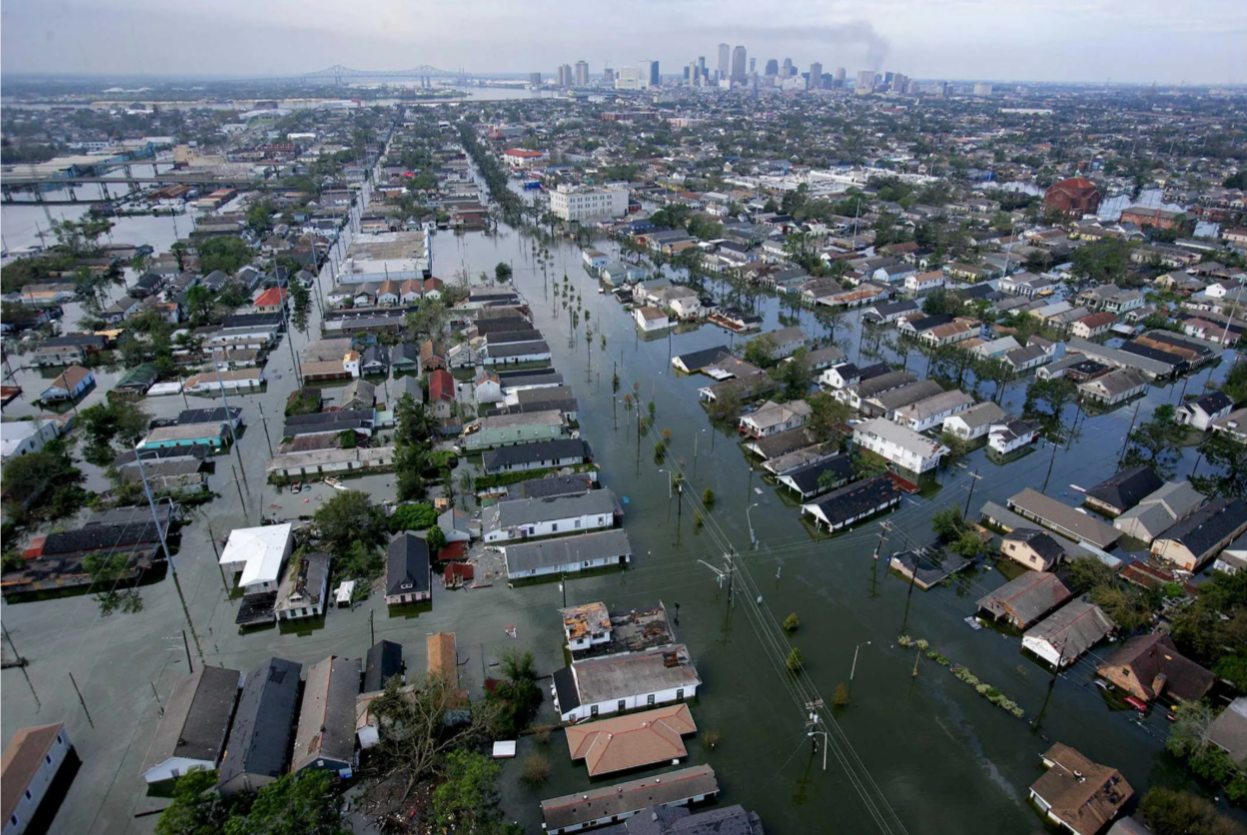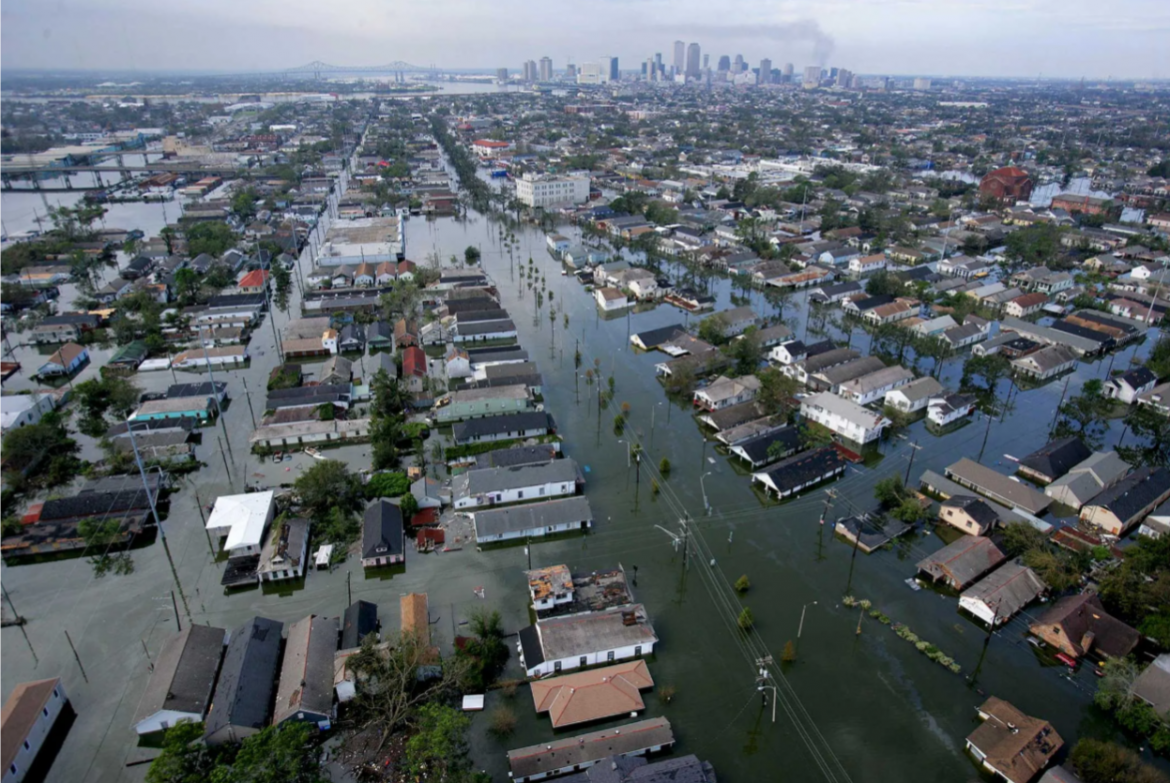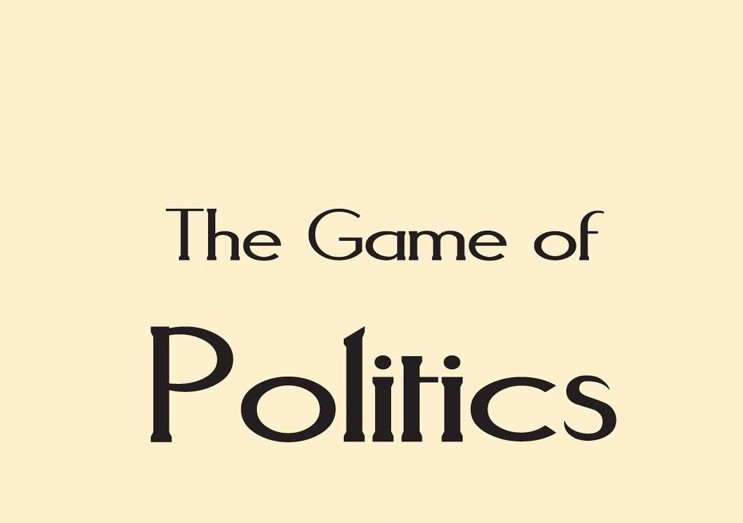-
 play_arrow
play_arrow
Praise 24/7 NO Today's Best Gospel
The Nguzo Saba in the Context of Katrina: Being Our Own First-Responders and Self-Savers.

(ThyBlackMan.com) It is a fundamental teaching and uncontested contention in Kawaida philosophy that there is an endless library of lessons and legacies in our history and culture which we can learn from and live by in good and meaningful ways. Ever mindful of this, one of the ways I want to commemorate this 60th anniversary of my conceiving and introducing the Nguzo Saba, the Seven Principles, and of the world African community’s beginning embrace of them is to discuss them in the context and commemoration of the 20th anniversary of the combined natural and manmade catastrophe of Katrina. And I want to do this in respectful remembrance and deserved praise of our people and due reflection on our people’s being their own first responders and self-savers in this catastrophe and in other similar disasters throughout history. Likewise, I want to reflect on how, in weathering these hurricanes of history, they exemplified and reaffirmed the values and vision of being in community vital to our lives, work and struggles as a people.

Someone could easily ask how could a people practice the Nguzo Saba if they didn’t know them? Leaving aside the fact that there was a strong and influential Nguzo Saba community, Ahidiana, in New Orleans and elsewhere founded in the 70s, it is important to remember that an authentic value system evolves from the people themselves. And they themselves choose from options of history and life open to them. Indeed, my grandmothers and grandfathers and other ancestors embraced and practiced love, truth speaking, justice doing and care for the poor and vulnerable before they became Christians. As we say and teach in Kawaida, our people did not come here naked and in need, but fully clothed in their own culture, which was good, beautiful and resourceful and sufficient in itself.
Moreover, we also speak of knowing without knowing, knowing the principle and practice without being concerned with its meaning as a consciously worked out life-enhancing way to relate in the world. Therefore, they helped each other and did not call it reciprocity, and they did good of all kinds and did not always have names for it or a need to claim it. Rather, they did it as a part of how they understood themselves in community. And it is in this context that they and we became and are our own first responders, our own self-savers, and ultimately, our own liberators. Indeed, we are injured physicians, who do and must continue to heal, repair, renew and remake ourselves in the process and practice of repairing, renewing and remaking the world which has injured and continues to injure us in various pathologically oppressive ways.
Also, in explaining our knowing without knowing, it is important to reaffirm here that, as African people, our ancestors and their views and values remain in us. However, because of the Holocaust of enslavement, colonialism and other forms of oppression, they are often half or wholly forgotten and appear as derived from later sources. But they are in us, in our deep consciousness, living lessons and legacies from our past. And this is why from Nana Maria Stewart and Nana Martin Delaney to Nana Haji Malcolm and Nana Fannie Lou Hamer, we are called to wake up to our history and humanity in the fullest sense. And in spite of the savage and seductive calls and coercion of all oppressors to the contrary, we must wake up and stay woke, ever conscious, deep thinking and thoroughly committed in our constant striving and struggling to be ourselves, free ourselves, flourish and come into the fullness of ourselves.
Thus, our people in New Orleans and elsewhere were already practicing principles of community before the coming of the catastrophe of Katrina. And among these values were the Nguzo Saba, both as a conscious value system, but also and more so as values of community without the African language, formal order and particular philosophic emphasis of the Nguzo Saba themselves. The Nguzo Saba: Umoja (Unity); Kujichagulia (Self-Determination); Ujima (Collective Work and Responsibility); Ujamaa (Cooperative Economics); Nia (Purpose); Kuumba (Creativity); and Imani (Faith), drawn from our culture, capture and codify these communitarian principles, now upheld and practiced throughout the global African community. Therefore, as the storm clouds appeared and the waters began to rise, there was a coming together to practice principles of community essential to our people’s survival, sustainment, development and flourishing. And the Nguzo Saba, the Seven Principles, are evident in these practices.
Our people knew from prior experiences and evolving additional evidence that whenever the officials decided to come and whatever they actually did, they, themselves, would need to act together in the interest of their own good. In a word, they, themselves, would have to be their own first responders and self-savers, and build the relations and spaces of safety, support, survival and recovery they needed. Our people knew it was ultimately up to them regardless of what the federal and local governments were obligated to do. For early on, it was clear, they did not count as high priority in the calculation of the urgent.
In the face of imperfect information, delayed rescue and resources and constantly deteriorating conditions, it was on them to decide to act against the odds and with the absence of assistance that preferred peoples and their pets receive as a matter of course and of racial and class calculation. Indeed, unlike in favored places in which other people live, the people of New Orleans were referred to as refugees in their own country, and denied immediate and adequate life-saving aid, paralleling the savage treatment and mass killing of other devalued peoples like those of Haiti, Sudan, Congo and Palestine and other peoples and places various presidents and their fellow oppressors and genocidal allies designate as disposable. And they knew without knowing its many names and notions that racial and racist capitalism cultivates and dines on disaster, grows fat and fetid on the oppression of the vulnerable and seeks to realize depraved dreams of genocide, gentrification, and luxury hotels on the hidden graves of its victims.
During this time of the growing disaster and great suffering 20 years ago, I wrote in these pages a greatly deserved praise of our people who again embodied the best of our values in being their own first responders and self-savers in the face of a callous and criminal neglect by various levels of government. I said, as always, we should pay homage to our ancestors and in this case, to those who died undeserved and avoidable deaths caused by the criminal neglect of the established order and to those who gave their lives saving others. And I continued saying, “Let us also praise the people for their resilience in the face of such immense and overwhelming devastation, for their courage under water, fire and the gross failure of their government to serve and save them, and for their kindness and compassion toward each other”. Moreover, “Praise is due to those who shared their meager food and drink and sacrificed seats to evacuate others, to parents who stayed behind to send their children to safety, to younger people who watched and pushed the wheel chairs of the ill and aged, and to those who deferred in line to the elderly, the ill and the infant”, as did husbands, wives, friends and other family members.
Finish story here; The Nguzo Saba in the Context of Katrina: Being Our Own First-Responders and Self-Savers.
Written by: Black Gospel Radio
-

Praise 24/7 Commercial Free
For every Show page the timetable is auomatically generated from the schedule, and you can set automatic carousels of Podcasts, Articles and Charts by simply choosing a category. Curabitur id lacus felis. Sed justo mauris, auctor eget tellus nec, pellentesque varius mauris. Sed eu congue nulla, et tincidunt justo. Aliquam semper faucibus odio id varius. Suspendisse varius laoreet sodales.
close Top popular

The Science of Happiness – Exploring Factors for Well-Being

Balancing Act: Prioritizing Your Well-Being in a Busy World

Overcoming Procrastination – Strategies for Productivity and Success

Unlocking Hidden Potential – A Guide to Personal Growth

Mindful Living – Cultivating Presence in the Modern Era

CONTACT US
- info@praise247no.com
FOLLOW US
- Praise247NO
- Praise247NO
- Praise247NO
Copyright 2024 Praise247no.com - All Rights Reserved.





Post comments (0)